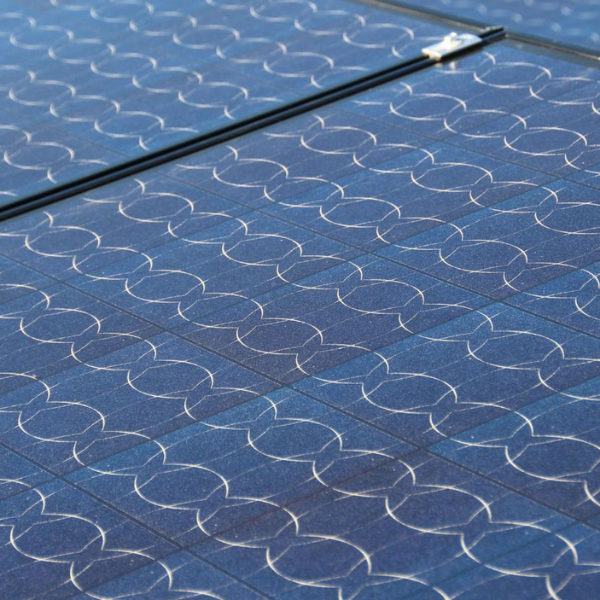Follow-up to energy storage pilot project in Emmeloord

Follow-up to energy storage pilot project in Emmeloord
Hydrogen bromide flow battery in first pilot (1 kW) to be upgraded to 50 kW. In late 2018, a 50 kW hydrogen bromide flow battery is to be operationalized at the municipal maintenance depot in Emmeloord. It will allow solar energy to be stored in an innovative and relatively inexpensive way.
A consortium comprising Elestor, Witteveen+Bos, ECN, HAN University of Applied Sciences, ZON Energie and Stichting Pioniers van de Toekomst will use the installation to explore ways in which to roll out the storage technology and related services on a wider scale. The unique system represents a breakthrough in the storage of locally-generated energy. It is clear that innovations are essential if the Netherlands is to achieve the objectives set out in the National Energy Agreement. Local generation, storage and distribution could make a significant contribution by reducing demand on the national grid and promoting public awareness. Households will no longer be totally reliant on the large utility companies and will use energy in a more efficient way. The project is a follow-up to the successful trial of a 1 kW hydrogen bromide flow battery in Deventer. The consortium has the full support of the Noordoostpolder local authority, which wishes to lead the way in promoting sustainable energy.
The 50 kW battery will be sited at the council maintenance depot in Emmeloord, where no fewer than four hundred solar panels were installed in 2016. The test facilities are scheduled to ‘go live’ during the third quarter of 2018. Preparations began in January 2017 and the trial will run until the end of 2019. The consortium has been responsible for the design and construction of the test installation, safety analyses and acquiring the necessary operating permits. Energy Service Company (ESCO) and ZON Energie have devised various energy services and have developed business cases for the distribution of electricity from the battery. Stichting Pioniers van de Toekomst (‘Pioneers of the Future Foundation’) will conduct market research to gauge the level of interest among local consumers. The pilot project is co-funded under the national TKI Urban Energy Programme.
Pilot in Deventer
The trial of a 1kW storage system took place in 2016 at the Witteveen+Bos head office in Deventer. It was supported by a government grant, with results reported to the Netherlands Enterprise Agency. This pilot was chiefly concerned with the technical viability of using Elestor’s hydrogen bromide flow battery in combination with the solar panels with back-contact technology developed by ECN. As a leading specialist in the field, Witteveen+Bos was asked to formulate the relevant safety procedures and obtain the necessary government permits.
Hydrogen bromide flow battery
The hydrogen bromide flow battery developed by Elestor BV makes it possible to store electricity, such as that generated from renewable resources, at a fraction of the cost of using existing technologies. Moreover, it is possible to dimension the required output (kW) and capacity (kWh) independently of each other. Each of the chemical components of the Elestor flow battery has its own closed circuit. They are separated by a selective membrane which allows only protons to pass through it. If a voltage charge is placed across the battery, a redox reaction takes place; protons are transported through the membrane and the battery is charged. The reverse process takes place as electricity is drawn from the battery.
Because the redox reaction is 100 % reversible, there is no intrinsic degradation which means that storage capacity is constant and will not decrease over time. Both chemical components – hydrogen and bromide – occur naturally in abundance and are therefore extremely inexpensive. This, combined with Elestor’s patented design, has given rise to a storage system with extremely low costs per kWh. The principle of the flow battery was developed some time ago but has never previously been deployed in this form within the built environment.